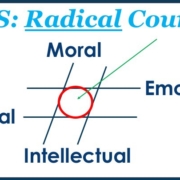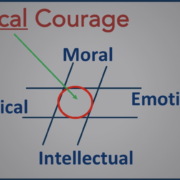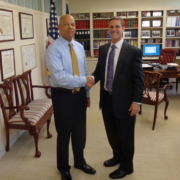Cognitive Diversity: What the best leaders look for in an alter-ego
Cognitive diversity occurs when you bring people together who have complementary natural strengths, a.k.a. Superpowers. For most organizations, ideas – details are the vital complement.
The ideas people tend to be the big picture strategic thinkers, the innovators, and status quo disruptors.
Some, like Steve Jobs, are hedgehogs: they have a big idea that will change the world. They are the Mavericks in our PROM archetypes®.
Others, like Elon Musk, are foxes: they bring existing ideas and technologies together into new combinations (Tesla, SpaceX, Twitter). These are your Pioneers.
They rarely succeed without support from the executors who can implement their ideas. These are Operators, who nail the details, and Reconcilers who build and maintain consensus.
Google is a classic example. Visionaries Larry Page (Maverick) and Sergei Brin (Pioneer) excited people with their new search engine but they could not run a sustainable business. When the funders threatened to pull out, Google hired Eric Schmidt (Reconciler) and Jon Rosenberg (Operator). The cognitive diversity propelled Google’s success.
Apple succeeded because Steve Jobs had Tim Cook (Operator), Mark Zuckerberg began succeeding at Facebook (now Meta) after Sheryl Sandberg (Operator) came on board. Tesla struggled until Musk hired Zach Kirkhorn (Reconciler).
The visionaries get into trouble when they lose their alter-ego. Zuckerberg has not replaced Sheryl Sandberg, dividing her role among various executives, which waters-down the vision-execution interplay. Meta is struggling.
The reverse is also true: people naturally inclined toward the details need the ideas people to push the envelope and avoid complacency. Tim Cook’s innovative subordinates keep Apple thriving. Eisenhower (Reconciler) needed Montgomery (Maverick) and Patton (Pioneer) to win the war in North Africa and Europe. Lincoln (Reconciler) needed Seward (Pionerr) and Grant (Maverick) to win the Civil War.
Finding the right alter-ego can be challenging. People tend to seek out others who think and act similarly, which is known as affinity bias. You get the comfort of surrounding yourself with people exactly like you, but you don’t grow, you develop blind spots, and you’re at high risk of making bad decisions as you inhale your own fumes.
To help you identify your natural strengths and determine your best alter egos, I developed the simple PROM archetypes® quiz.
Cognitive diversity is vital to selecting the right alter-egos. You also need someone who wants what’s best for the organization and is willing to tell you the truth.
Combine those three qualities and you have a powerful senior leadership team that will propel your business to new heights.
Take the PROM archetypes® quiz and then send Chris an email to discuss your results!
 Troubled Business Persons. Getty Images.
Troubled Business Persons. Getty Images. 








